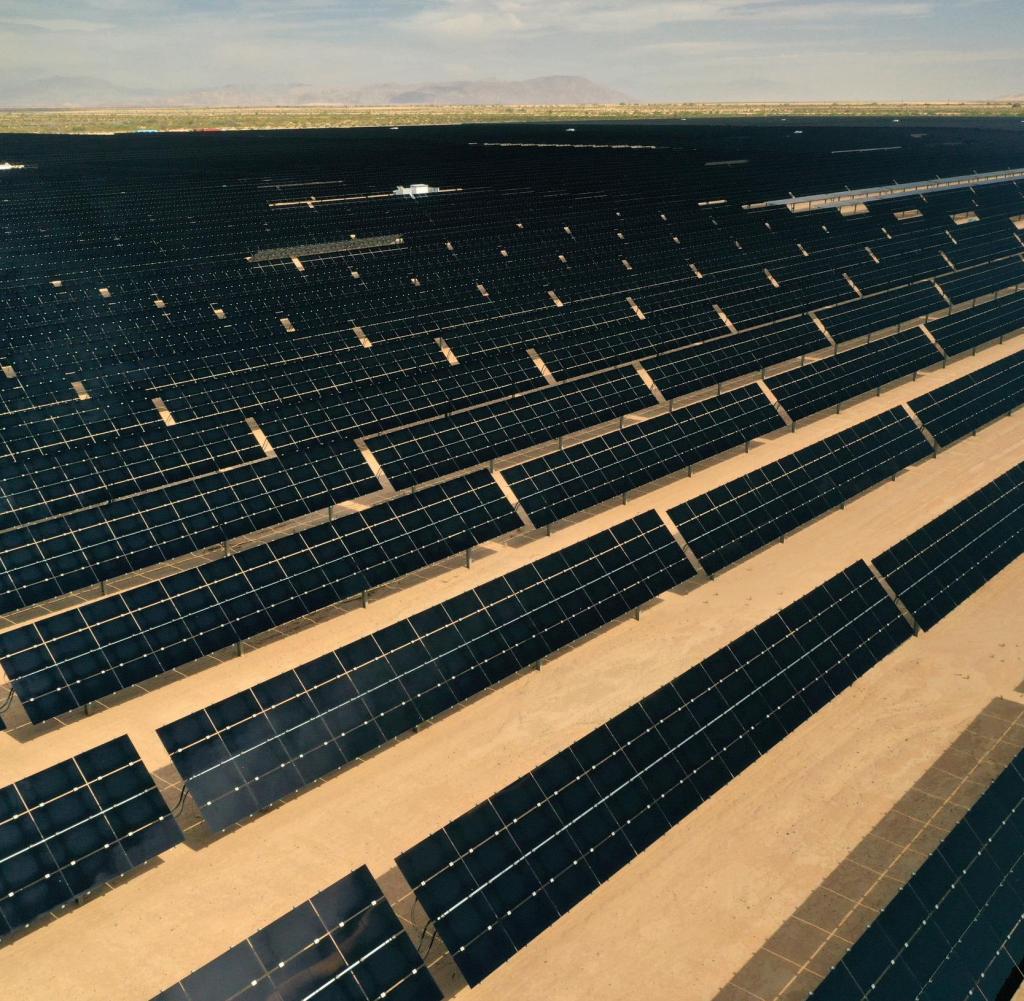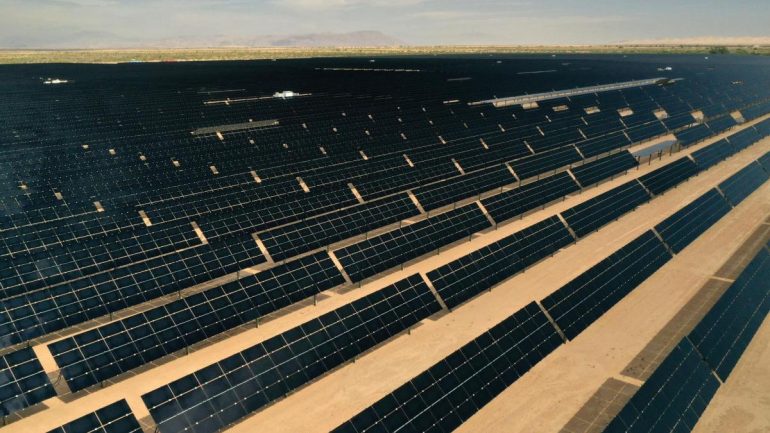Climate neutrality requires “unprecedented change” in energy sector by 2050

According to the IAE, wind, sun, bioenergy, geothermal energy and hydropower – these are the only forms of future energy
What: Reuters
In its new report, the International Energy Agency calls for a total restructuring of the energy sector, including a ban on new oil or gas heating systems from 2025. The goal: renewable energy only – and nuclear power.
UTo achieve the net zero emission target by 2050, a report states that unprecedented change in the energy sector is necessary.
Previous climate commitments by governments have not been enough, according to one published on Tuesday International Energy Agency (IEA) Report Based in Paris. There is a way to achieve zero emission targets by 2050, but it is narrow.
The way energy is produced, transported and used around the world will have to be radically changed.
2035. Shut down for combustion engine
As reported by the BBC, The agency listed about 400 steps in its report to achieve climate neutrality. It also includes a ban on oil or gas heating in the private sector from 2025. Otherwise, there should be no investment in new projects to supply fossil fuels from now on. For example, no more final investment decisions should be made for new coal-fired power plants.
The report states that the least efficient coal-fired power plants will be closed by 2030 and the remaining coal-fired power plants that will be operational by 2040 will be upgraded. There is also a need for a policy that will end the sale of new vehicles with internal combustion engines by 2035, experts say.
Politicians must rely on the large-scale use of all available clean and efficient energy technologies and at the same time accelerate innovation globally. According to the announcement, according to IEA director Fatah Birol, this change is probably the biggest challenge mankind has faced.
The transition is also “fair and inclusive”
Governments should rapidly increase their spending on research and development of clean energy technologies and place them at the center of energy and climate policies. The transition should also be fair and inclusive.
In 2050, the energy sector should be largely based on renewable energy rather than fossil fuels. Experts say that two-thirds of the total energy supply in 2050 will come from wind, sun, bioenergy, geothermal energy and hydropower.
Cars run primarily on electricity, and aviation relies largely on biofuels and synthetic fuels. Goal: “In 2050, about 90 percent of electricity generation will come from renewable sources (…). The majority of the rest comes from nuclear power.”

Reader. Organizer. General creator. Zombie fanatic. Alcohol advocate. Food junkie. Bacon ninja.







